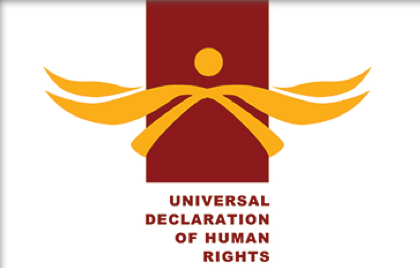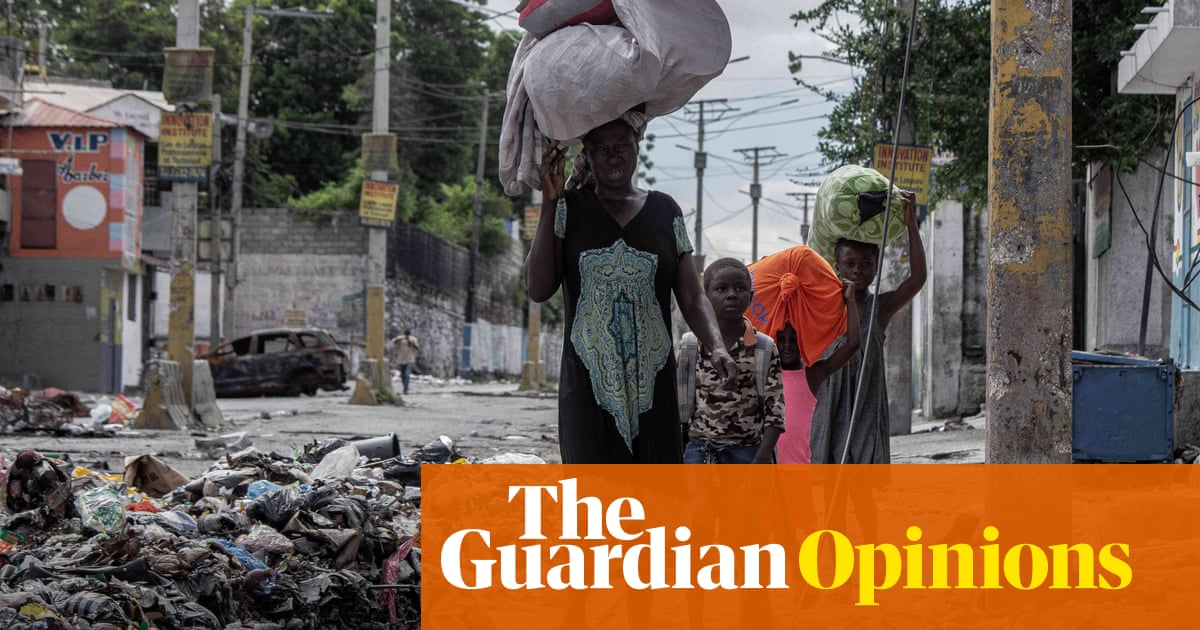- cross-posted to:
- climate@slrpnk.net
- cross-posted to:
- climate@slrpnk.net
A “human rights economy” can deliver for people and the planet because it shifts our focus from growth to humanity – grounding the purpose of the economy in fundamental, universal human values. It offers human rights as a guardrail to keep the economy on track – meeting the challenges of the climate crisis, addressing inequalities and eradicating poverty.
This proposition is not some fairytale. Concrete steps can be taken now, starting with choosing measures of progress other than gross domestic product (GDP) – which tells us nothing about the ecological or social fallout of economic activity.
And we need to start valuing what really counts. GDP has no way of accounting for the estimated 16.4bn hours spent every day worldwide on unpaid work, largely carried out by women, that underpins the global economy: caring for children, people with disabilities and older citizens.
No societal problems will ever be solved through the concentration of wealth.
The problem the article discusses is called “capitalism”, and its consequences are not an “oopsie, we miscalculated!” The system is working as intended—further enriching the elites who control it.
To make serious improvements, we have to remove those elites from their positions of power, and there’s the rub. They would rather go full fascist than compromise their privilege.



